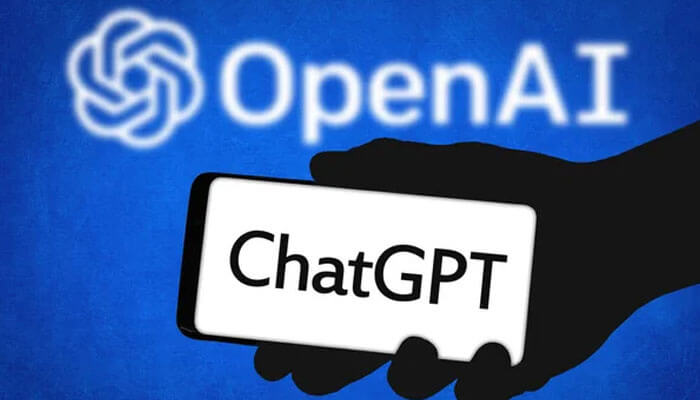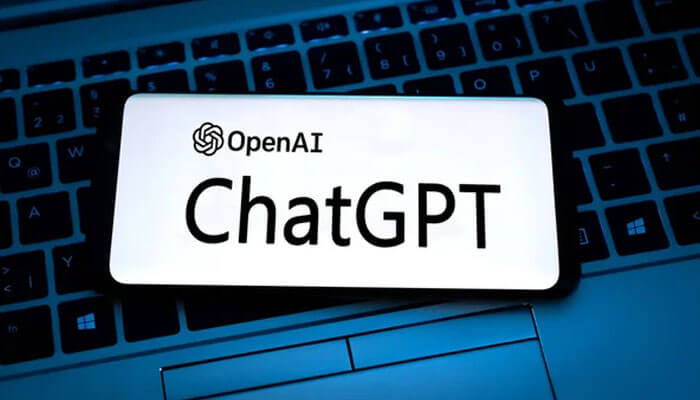Candidates already use programmes like ChatGPT to create their CVs and cover letters. However, it only represents a small portion of how AI is altering the recruiting process. Anyone with an internet connection has been able to create anything in written form since November 2022 thanks to AI chatbot ChatGPT. Consider complex essays and code, brief messages or poems. ChatGPT can finish intricate written jobs fast even with simple suggestions and can be used as a tool for content creation to create effective content quickly.
The Racism, and More
At the University of Kent in the UK, reader in sociology and cultural studies Vince Miller states, “I’ve had students use ChatGPT to write appeals for parking tickets.” But generally speaking, technology enables those who might not naturally have the best writing skills to develop them.
The OpenAI ChatGPT
Obsekers are among those citing these advantages. OpenAI’s ChatGPT can generate effective cover letters on demand or compile a few professional information into an effective, bulleted CV using a dataset containing 570 billion unique words. Would you like to email a hiring manager? Copy and paste the AI-generated text into the message after prompting the chatbot.
But hiring managers aren’t oblivious: they understand candidates are already leaning on generative AI to assist them, and may well do so even more as the technology grows in sophistication. This could create a shift in job applications as we know them, moving recruiters away from the traditional modes of evaluating candidates.
Not all recruiters report the use of generative AI as a hiring red flag – or even a worrying development at all.
According to Adam Nicoll, group marketing director at Randstad, a recruitment and job-consulting company based in Luton, UK, hiring managers may not be able to tell the difference between a cover letter written by an applicant and one produced by AI because of their limited time. “ChatGPT’s generated language is clear, albeit formulaic. In contrast to most cover letter writing, there are no quirks, no warning signs, and no personality, he claims.
He claims that despite this, he wouldn’t necessarily consider this to be a hiring scam. It assists folks who struggle with writing and editing in creating a tidy overview of their professional accomplishments. It’s the equivalent of asking a friend to look through your CV in the digital age.
For example, because generative AI can produce pre-interview presentations, employers may implement more difficult tests in response. Miller adds that it is up to people to “test and evaluate what the machines can’t do.” “Generative AI can arrange data in an amusing fashion, but it lacks creativity because it can only use preexisting data. Therefore, it’s possible that examinations will ask candidates to think more abstractly and creatively.
Additionally, Brooke Weddle, a partner at the Washington, DC-based consulting company McKinsey & Company, suggests placing more emphasis on interviewing and vetting candidates in person. Employers pay close attention to cultural fit and soft skills throughout the interview process, in contrast, to cover letters, which often provide little information crucial to the actual hiring decision.
Bottom Line
These new platforms that provide recruiters with more candidate data have the potential to alter the hiring process as well, particularly as “we move from degree certifications to skills-based hiring,” according to Weddle. And significant changes could be on the horizon after this.



